
Magnetic Biochar
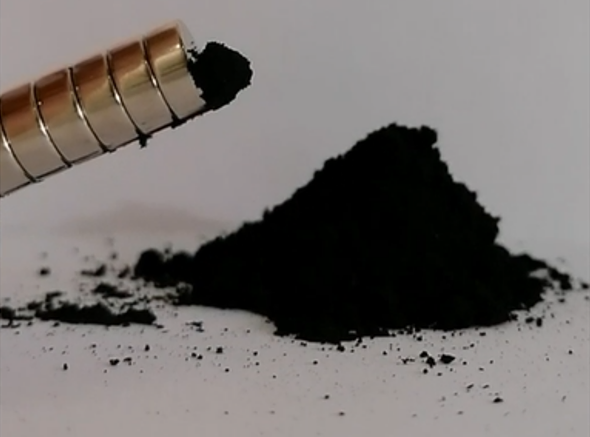
How to remove harmful substances from water with the help of biochar? The efficient separation of biochar or other adsorbents from the treated solutions is a challenge.
Adsorption is a widely used technique for the removal of pollutants in liquid or gaseous effluents.
Among the proposed adsorbent materials, biochar is considered a low-cost effective adsorbent.
Magnetic separation method is an efficient, fast and low-cost technique for the recovery and the reuse of adsorbents from the medium after the adsorption treatment of pollutants is completed.

 Video
Video

 Gallery
Gallery
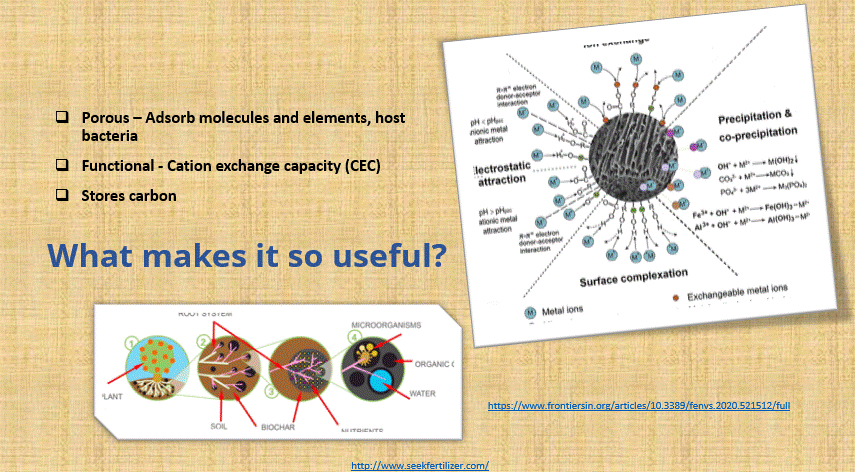
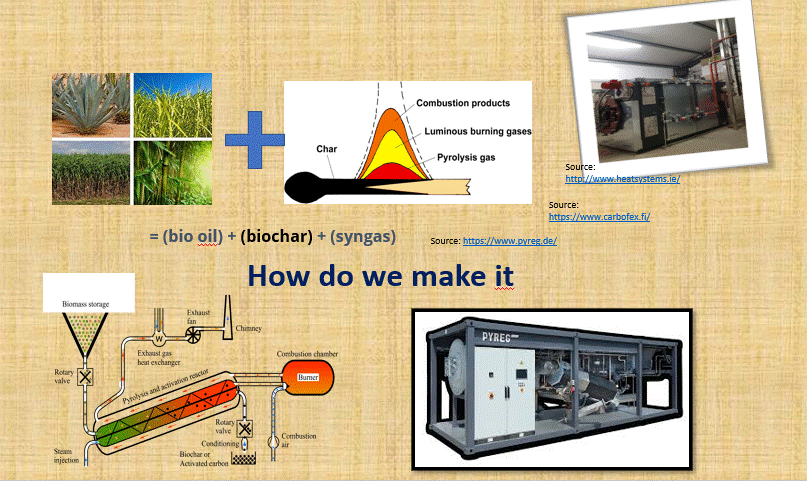
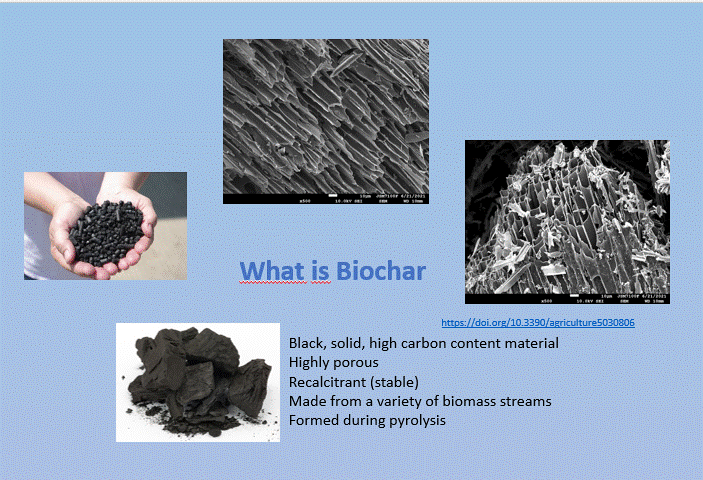
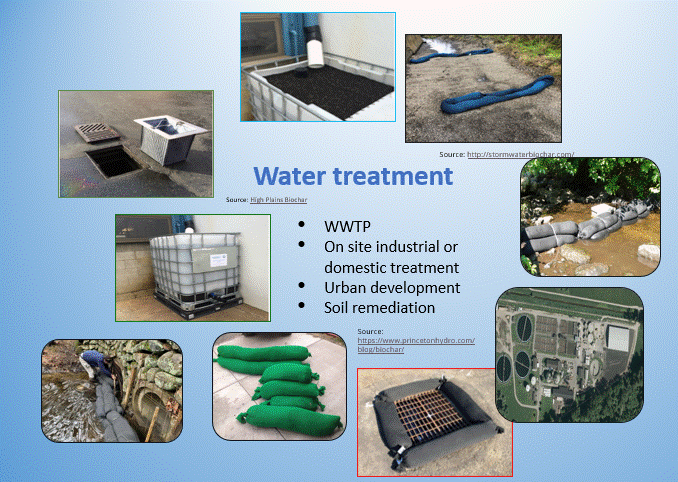

 Fact Sheet
Fact Sheet
The contamination of water resources and the deterioration of water quality is a rapidly escalating problem, directly linked to the development of industrial activities. The discharge of inorganic and organic pollutants such as antibiotics, dyes and pesticides, have created severe environmental and health problems. The scientific and technical literature is rich in reports on the advancements in wastewater treatment process such as coagulation/flocculation, remediation, adsorption, filtration and advanced oxidation process (AOPs) .
Adsorption is a widely used technique for the removal of various types of pollutants; organic and inorganic, in liquid or gaseous effluents. The adsorbent type and its properties play a key role in the treatment efficiency of the adsorption process, this explains the large variety of adsorbents that have been synthesized, modified, activated and tested for the treatment and elimination of different pollutants.
Among the proposed materials, biochar (BC) is considered a low-cost and effective adsorbent due to its excellent surface characteristics and abundant functional groups. Recently, the following techniques for biochar activation/modification were reported:acid-base treatment, physical activation, magnetization, persulfate activation and clay mineral modification.
In addition to the actual adsorption of contaminants from water bodies, the efficient separation of biochar or other adsorbents from the treated solutions is the second fundamental problematic to solve. Centrifugation and filtration methods are commonly used to separate the adsorbent material from an aqueous solution. But these processes are time consuming and involve extra costs. On the other hand, the magnetic separation method is an efficient, fast and low-cost technique for the recovery and the reuse of magnetic adsorbents from the medium after the adsorption treatment of pollutants is completed.
Magnetic biochar (MBC) has been widely studied for pollutant elimination in environmental remediation applications due to its easy recovery and separation.
 Your turn!
Your turn!